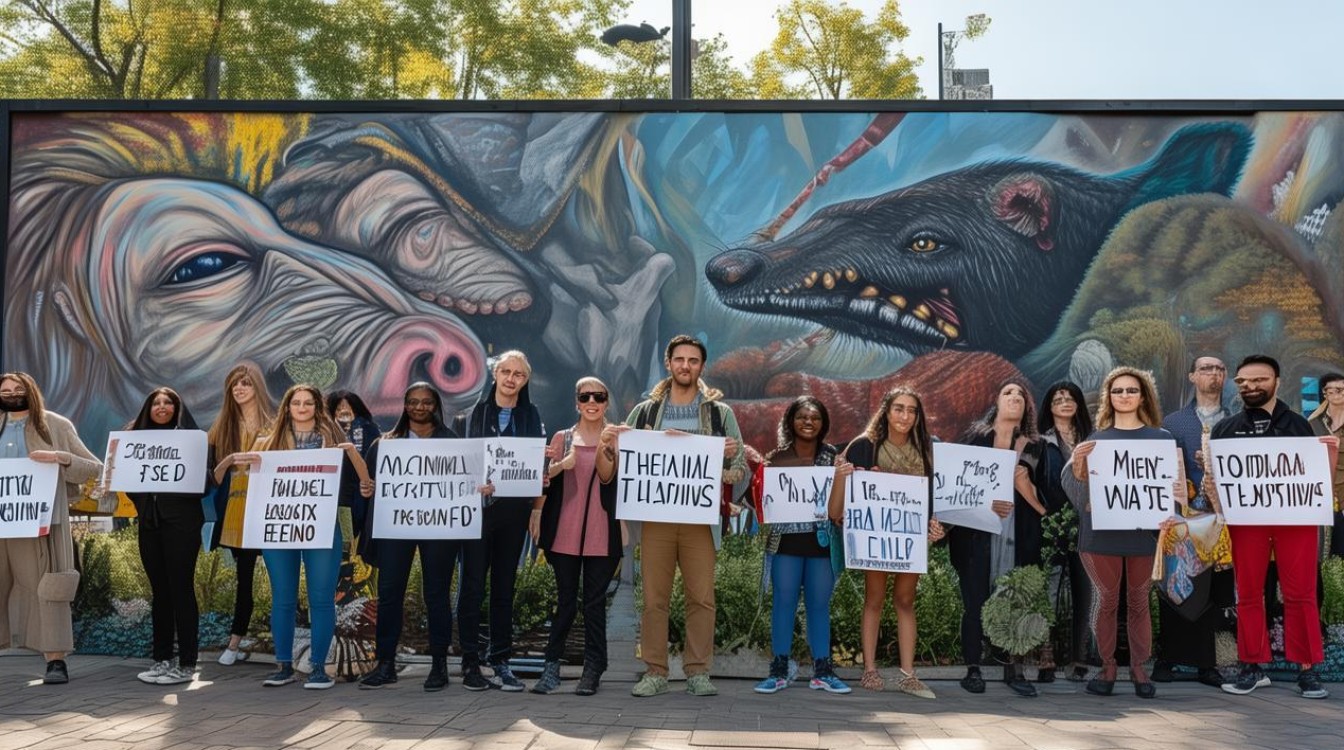For decades, animal experimentation has been a cornerstone of scientific research, medicine, and product safety testing. Yet as society evolves, so too must our ethical standards. The practice of subjecting animals to painful and often lethal procedures is not only morally indefensible but increasingly unnecessary. Advances in technology, coupled with growing public awareness, demand an end to this outdated and cruel system.

The Moral Argument Against Animal Testing
At its core, animal testing raises profound ethical questions. Sentient beings—mice, rabbits, dogs, and primates—are confined, injured, and killed in laboratories worldwide. These animals experience fear, pain, and distress, yet their suffering is dismissed as a "necessary sacrifice." Such reasoning ignores a fundamental truth: animals are not tools for human convenience. They possess the capacity to feel pain, form bonds, and seek comfort, much like humans.
Philosophers like Peter Singer have long argued that speciesism—the assumption of human superiority—is as unjust as racism or sexism. If causing unnecessary harm to humans is unethical, why should animals be exempt? The moral inconsistency is glaring. Ethical research must prioritize methods that do not exploit the vulnerable.
Scientific Limitations of Animal Models
Beyond ethics, the scientific validity of animal testing is increasingly questioned. Biological differences between species often render animal data unreliable for human applications. For example:
- Drug Reactions: Over 90% of drugs that pass animal trials fail in human clinical studies due to toxicity or inefficacy.
- Disease Models: Mice genetically modified to mimic human diseases like Alzheimer’s frequently produce misleading results, delaying medical progress.
- Genetic Variance: A 2013 study in The BMJ found that even among rodents, genetic variability skewed experimental outcomes.
These flaws waste resources and endanger human lives. Reliance on animal models can obscure safer, more accurate alternatives.

Modern Alternatives to Animal Testing
Innovative technologies now offer superior solutions without ethical compromise:
- Organ-on-a-Chip: Microchips lined with human cells replicate organ functions, enabling precise drug testing.
- 3D Bioprinting: Lab-grown human tissues mimic complex biological systems, reducing reliance on live subjects.
- Computer Modeling: AI algorithms predict chemical interactions, outperforming animal trials in speed and accuracy.
Countries like the EU and South Korea have already banned animal testing for cosmetics, proving these methods are viable. The U.S. FDA’s 2022 Modernization Act 2.0 further acknowledges non-animal technologies as valid alternatives.
The Economic and Environmental Toll
Animal research is not just ethically and scientifically flawed—it’s economically wasteful. The U.S. National Institutes of Health spends nearly $20 billion annually on animal studies, while alternatives like in vitro testing cost a fraction. Taxpayer funds could be redirected to human-relevant research, accelerating medical breakthroughs.
Environmentally, laboratories generate massive waste: plastic cages, chemical runoff, and the carbon footprint of breeding facilities. Synthetic biology and digital tools leave a lighter ecological footprint, aligning with global sustainability goals.

Public Sentiment and Legislative Progress
Public opposition to animal testing is mounting. A 2023 Pew Research poll found 67% of Americans support bans on cosmetic animal testing, while 52% favor stricter limits on medical research. Social media campaigns and documentaries like The Cove and Dominion have exposed laboratory conditions, galvanizing activism.
Legislative shifts reflect this change. Brazil, Canada, and Australia have enacted partial bans, while California’s 2020 Cruelty-Free Cosmetics Act set a precedent for U.S. states. Grassroots pressure is pushing corporations like Unilever and L’Oréal to adopt cruelty-free policies.
The Path Forward
Ending animal experimentation requires collective action:
- Consumers: Support cruelty-free brands and petition companies still using animal testing.
- Researchers: Advocate for institutional adoption of alternative methods.
- Policymakers: Expand bans beyond cosmetics to all non-essential testing.
Science should innovate without inflicting suffering. As Albert Schweitzer once said, "Ethics is the responsibility we owe to all living beings." The time to honor that responsibility is now.

The shift away from animal testing is not just possible—it’s imperative. By embracing humane science, we uphold progress without compromising compassion. The future of research must be rooted in respect for all life.

